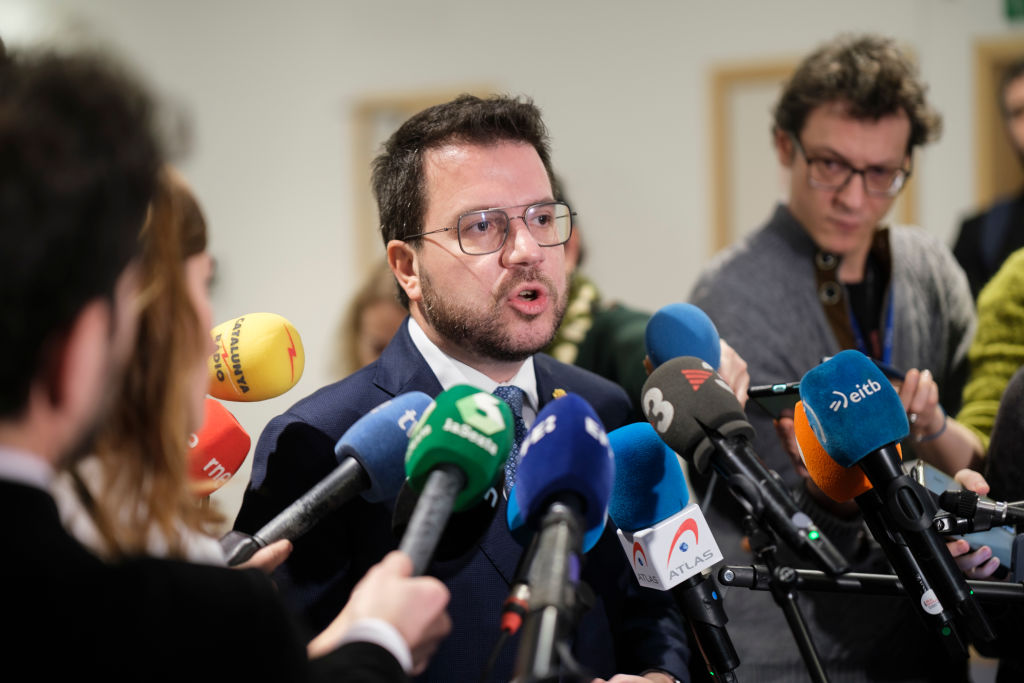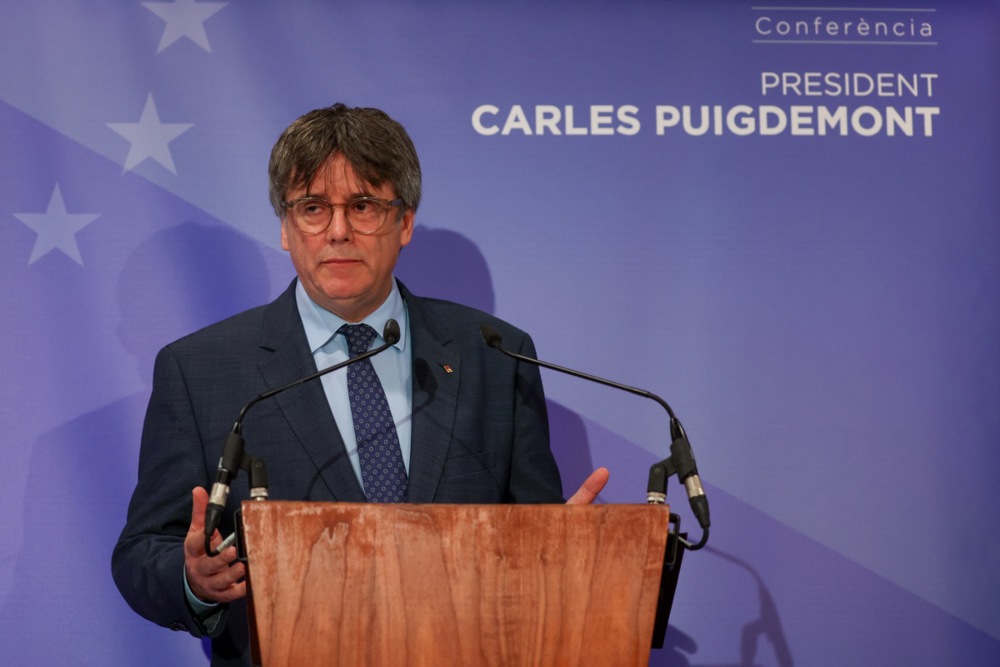Separatist parties in Catalonia have been beaten in regional elections.
Together, the main separatist parties, Esquerra Republicana (ERC) Junts per Catalunya and CUP held 74 seats before the elections. The results from Sunday’s regional contest left them with only 59, a stark contrast with the surge of the centre-right Partido Popular (PP), which saw a 12-seat surge, its best result in years.
The biggest loser on May 12 was the separatist Left group headed by the ruling Esquerra Republicana party (ERC) and acting president Pere Aragonès, who admitted defeat and said his party “will work from the opposition”.
ERC lost 13 seats on the day.
Aragonès, who has in the past advocated for a self-determination referendum, warned: “Catalonia does not escape the reactionary-conservative wave that Europe is experiencing.
“Polarisation won,” he added.
The four main separatist parties that won representation, including the new conservative separatist Aliança Catalana, failed to make up a majority together.
The Socialist Party of Catalonia led by former health minister Salvador Illa notched up its best results in its history, claiming 42 seats in the 135-seat Parliament.
“Catalonia opens a new chapter for all Catalans, where no one will be left behind,” said Illa in his victory speech.
According to him, “many factors” explained the Socialists’ positive results including “the policies of the national Government and [Prime Minister] Pedro Sánchez”.
Illa announced he will attempt to form a new government with Sánchez at the helm.
The Socialists will need the support of all the left-wing forces including the defeated ERC and the six MPs from Comuns, the regional name for the Socialist’s national coalition partner, Sumar.
Illa could also try to build a majority with the separatist Junts per Catalunya, the party of former Catalan president Carles Puigdemont, who campaigned from exile in Southern France, and the new de facto leader of the opposition.
That, though, is thought unlikely. Puigdemont called on Illa to abstain from pursuing the Catalan presidency so that he himself could govern with ERC’s support.
“There are still many days left to see the results from the conversations between all political groups,” said Puigdemont.
He also took a swipe at other separatist parties and blamed their poor results on what he called their lack of unity.
Puigdemont said ERC and the others must be “willing to mend bridges and to reflect”.
Junts came in second after the Socialists with 35 MPs. The separatist party saw is parliamentary share increase by three seats compared to the 2021 results.
Puigdemont’s future is still unclear. He may make a return soon as the controversial amnesty law for Catalan separatists is expected to get its final approval by May 30.
The conservative anti-separatist party Vox, which campaigned on stopping uncontrolled migration, kept its 11 seats in the regional Parliament, despite forecasts predicting a slight fall.





